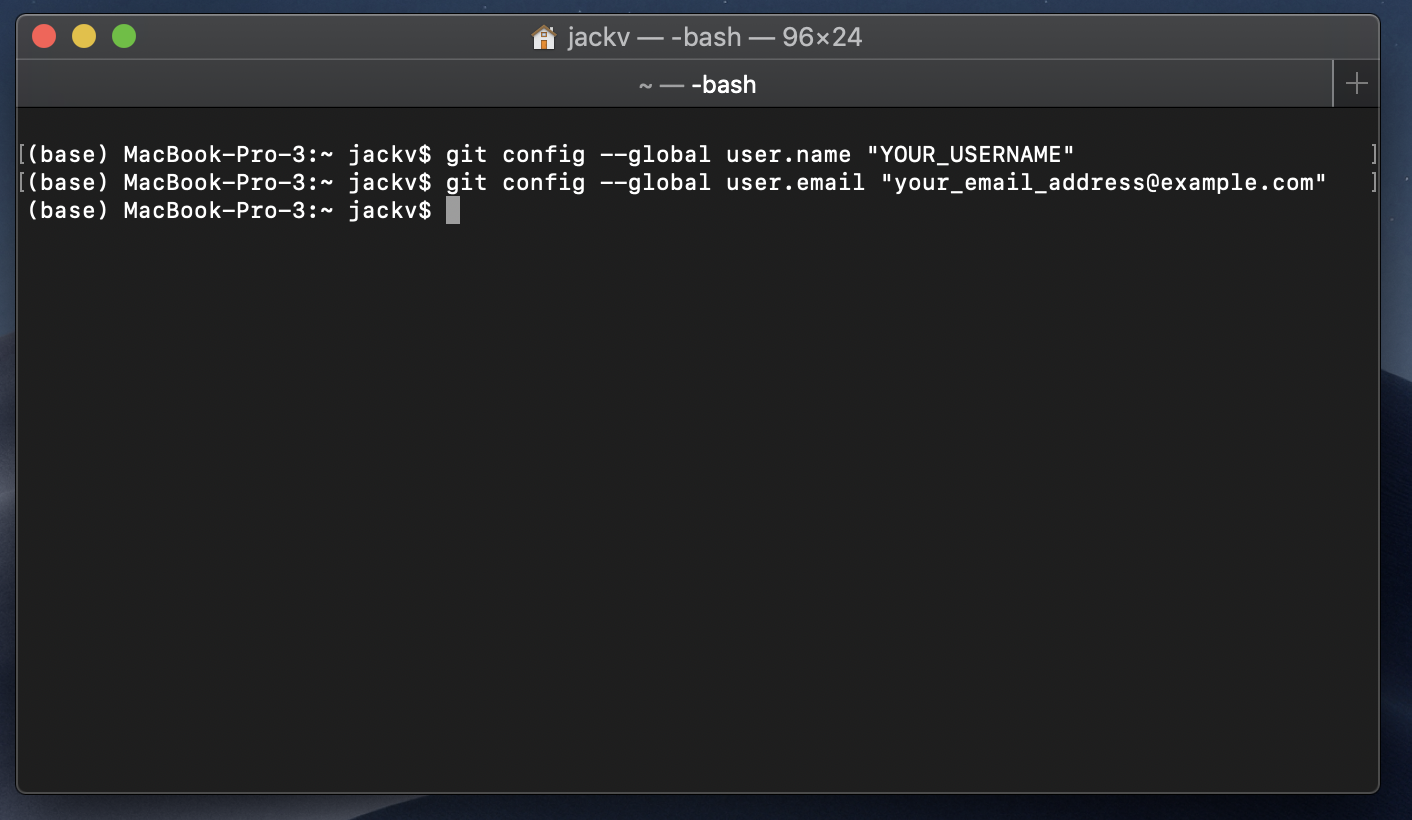

Downloading and installing from the tarball is also easy, although it requires a few more command line skills than does Homebrew. Package managers work well and they are easy to update. Nevertheless, this is the recommended installation method if you want to work from a stable, widely used source.

Releases may lag a few days behind because it has to be coordinated with another team. The default package will be for the most recent release, so it will not have bug fixes until the next release (i.e., unless you install it with the -HEAD option in Homebrew). Using a package manager is the simplest method and will require the least amount of work to maintain. There are pros and cons to each of the aforementioned methods: You should use the method that works best for your use case. There is no “best” way to install Hugo on your Mac.

You know how to open the macOS terminal.If you are a Windows user, substitute the $HOME environment variable above with %USERPROFILE%. If you are on macOS and using Homebrew, you can install Hugo with the following one-liner: We currently do not offer official Hugo images for Docker, but we do recommend these up to date distributions: Homebrew (macOS) usr/local/bin is the most probable location. Ideally, you should install it somewhere in your PATH for easy use. This works well for shared hosts and other systems where you don’t have a privileged account. You don’t need to install it into a global location. Once downloaded, the binary can be run from anywhere. Quick Install Binary (Cross-platform)ĭownload the appropriate version for your platform from Hugo Releases. See for the full set of supported combinations of target operating systems and compilation architectures. Hugo may also be compiled from source wherever the Go toolchain can run e.g., on other operating systems such as DragonFly BSD, OpenBSD, Plan 9, Solaris, and others. macOS (Darwin) for 圆4, i386, and ARM architectures.Hugo currently provides pre-built binaries for the following: The latest release can be found at Hugo Releases. Hugo is written in Go with support for multiple platforms. There is lots of talk about “Hugo being written in Go”, but you don’t need to install Go to enjoy Hugo.


 0 kommentar(er)
0 kommentar(er)
